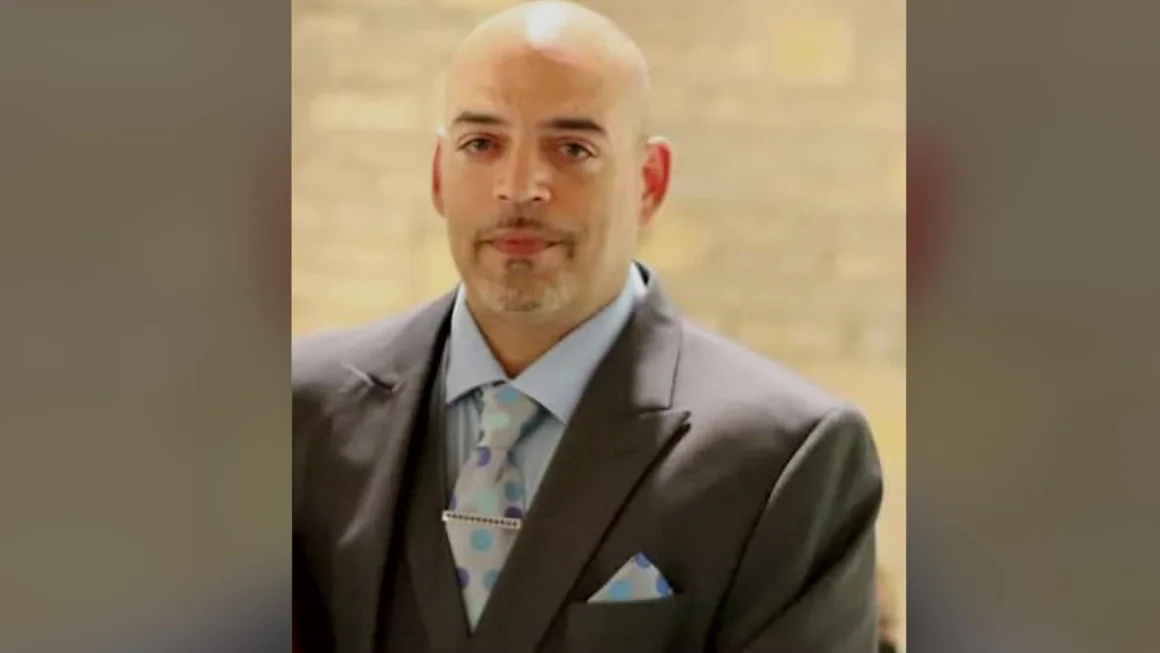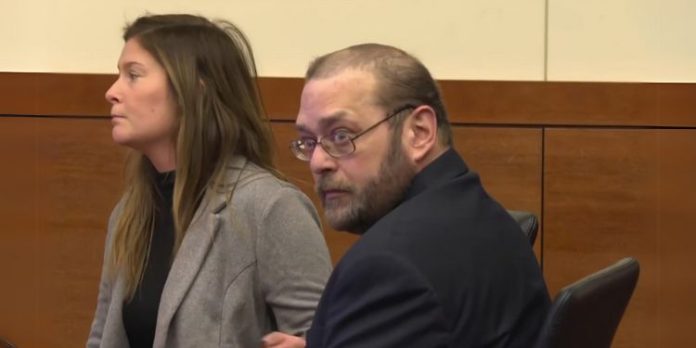Ex-Officer Adam Coy Convicted of Murder
Adam Coy, a former Columbus, Ohio police officer, was convicted of murder, reckless homicide, and felonious assault on Monday for the December 2020 killing of Andre Hill. The shooting occurred when Coy responded to a complaint in a residential neighborhood and encountered Hill, a 47-year-old Black man, standing unarmed in a garage. Hill, holding only a cellphone, was attempting to comply with Coy’s commands when he was fatally shot.
Coy, a 20-year veteran of the force, claimed he believed his life was in danger, but police body camera footage contradicted this assertion. The footage showed Hill walking towards officers with his cellphone raised, its screen illuminated. Despite this, Coy fired his weapon and then failed to render aid, even stopping his partner from assisting. Coy now faces a potential life sentence.

Trump’s Re-Election Promises Police Immunity
The day after Coy’s conviction, Donald Trump was re-elected as U.S. president, reigniting debates over policing and accountability. Throughout his campaign, Trump advocated for granting police officers “immunity from prosecution” and encouraged aggressive policing tactics, suggesting officers should have a “rough, nasty day” to curb crime.
Trump’s rhetoric often painted a misleading picture of rising violent crime under the Biden administration, despite data showing crime rates near historic lows. His proposals and comments have alarmed civil rights advocates, raising concerns that future cases of police misconduct may lack accountability.
Hill’s Killing: A Flashpoint in 2020’s Reckoning on Police Brutality
Andre Hill’s death became one of the most egregious examples of police violence against unarmed Black people in 2020, a year marked by widespread protests following the murder of George Floyd. Coy’s actions—shooting Hill without provocation and delaying life-saving measures—were widely condemned as unjustifiable.

The officer’s defense claimed that Hill’s lack of a weapon was irrelevant because Coy perceived a threat. However, his partner, Amy Detwiler, testified that Hill posed no visible danger. The jury ultimately rejected Coy’s defense, finding his actions reckless and unjustifiable.
Broader Implications Under Trump’s Leadership
Trump’s return to the White House could signal a shift in the national conversation around policing. His campaign promises of increased protections for officers and his dismissal of concerns about police brutality suggest a potential rollback of accountability measures. Trump’s framing of police officers as unfairly constrained by public scrutiny stands in stark contrast to the systemic issues highlighted by cases like Hill’s.
Civil rights advocates fear that Trump’s policies could embolden officers to act with impunity, further exacerbating mistrust between law enforcement and marginalized communities. As Hill’s case underscores, unchecked biases and excessive force can have fatal consequences, making accountability mechanisms vital for justice.
A Continued Call for Reform
Coy’s conviction marks a significant step in holding officers accountable for unjustified use of force, but Hill’s death remains a tragic reminder of the systemic issues within American policing. As Trump’s administration prepares to take office, advocates and communities are bracing for potential challenges in advancing police reform and ensuring justice for victims of misconduct.
The case of Andre Hill will likely serve as a litmus test for how the justice system navigates police accountability in the years to come under the Trump administration.








